I’ve often thought that the look and feel of the modern Formula 1 silhouette plateaued somewhere in the late 1990s.
Yes, they’ve got wider, then slimmer and now wider again. But since 1989, when normally aspirated engines were stipulated in the regulations, they’ve all had airboxes above the roll hoop, they’ve all had a Coke-bottle shape top-down from the sidepods back and they’ve all got two wings at the front and one at the rear. And in fact, since Tyrrell introduced Harvey Postlethwaite and Jean-Claude Migeot’s high-nose concept in 1990 (see below), they’ve all got one of those, too.
I know I’m vastly simplifying today’s complex application of aerodynamic development, particularly around the areas of front wing airflow and how it then relates to bargeboards, winglets, monkey seats and all the various ducts employed to manage air pressure to a competitive advantage.
I also realise that the law of diminishing returns requires gains and improvements to become ever more infinitesimal as understanding of a given science grows increasingly saturated with proven method. But as a basic template, the cars look largely the same, particularly to the layman, as they have for decades.
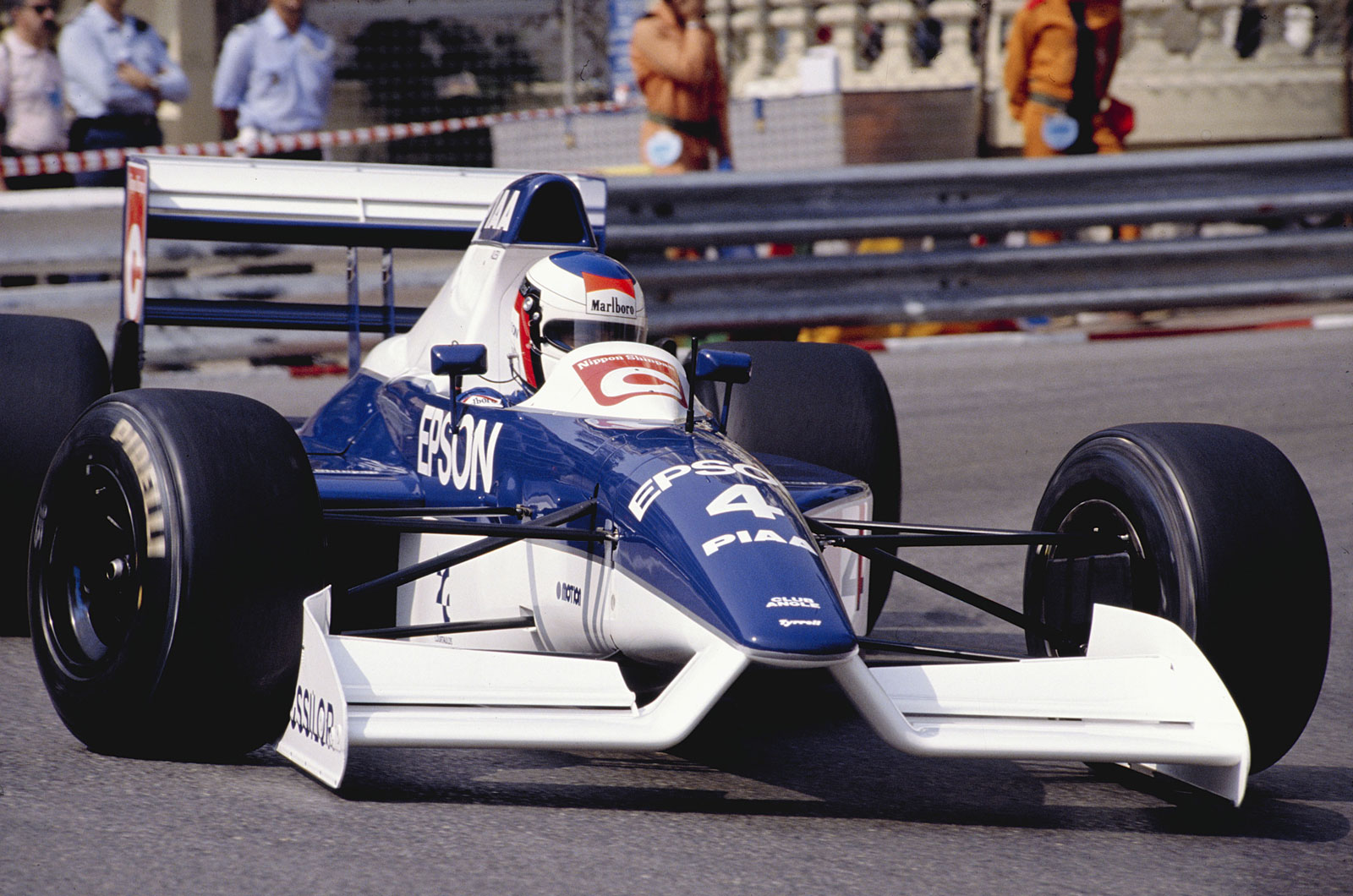
Big concept change, the kind that tends to lead to futuristic thinking, the likes of which we saw from Renault earlier in the week with its imaginative RS 2027 Vision concept (pic below) during the Shanghai motor show, or those produced by Ferrari, Red Bull and Mercedes over the past 18 months, have long since become a thing of the past.
I was lucky enough to grow up through a period of rapid evolution in the sport. I was born when wings were still a relatively new concept. So I followed the downforce era, with its elongated sidepods, skirts and fan cars, as the technology was mastered. Then came the turbo era, with 1500bhp qualifying monsters wielded by globally recognised gladiators on super-sticky qualifying tyres and Bernie Ecclestone growing F1 into a world-leading sport. After that came the aerodynamic era, with its huge expense, minimal gains and precision performance, as F1 shifted into digital development and industrialised factories with wind tunnels as standard.

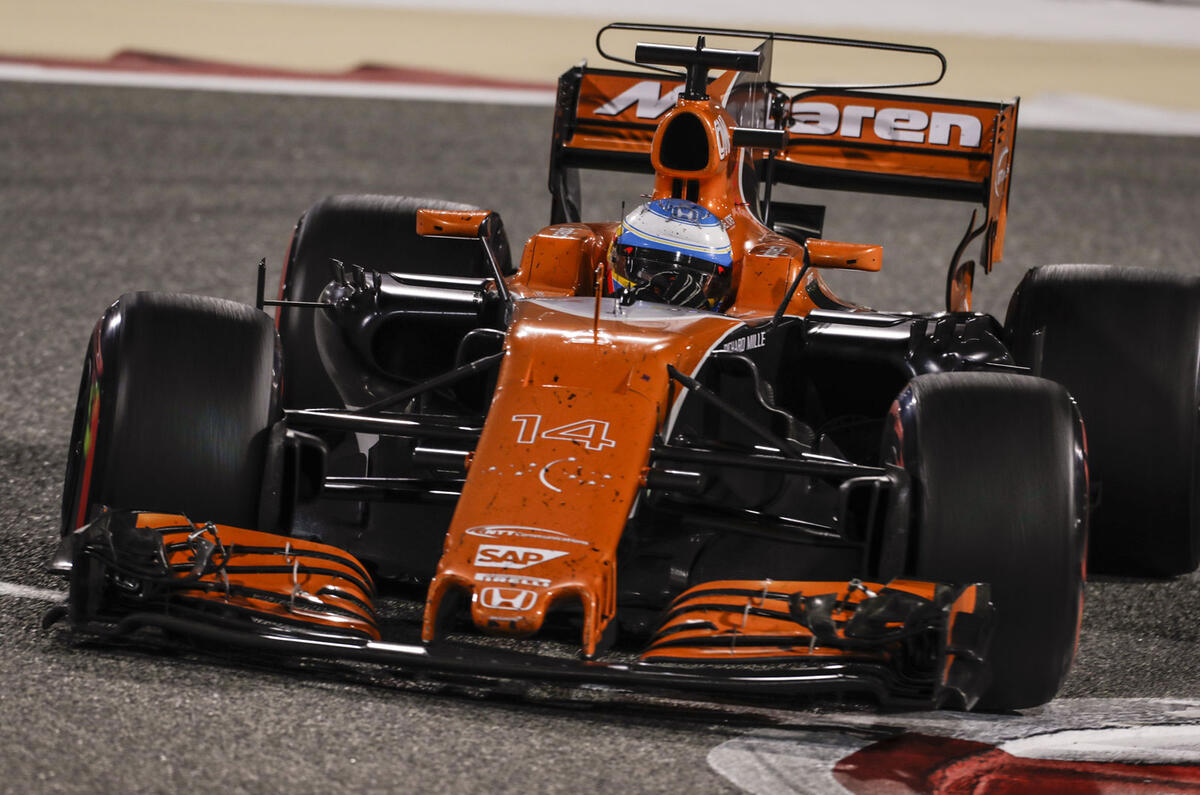
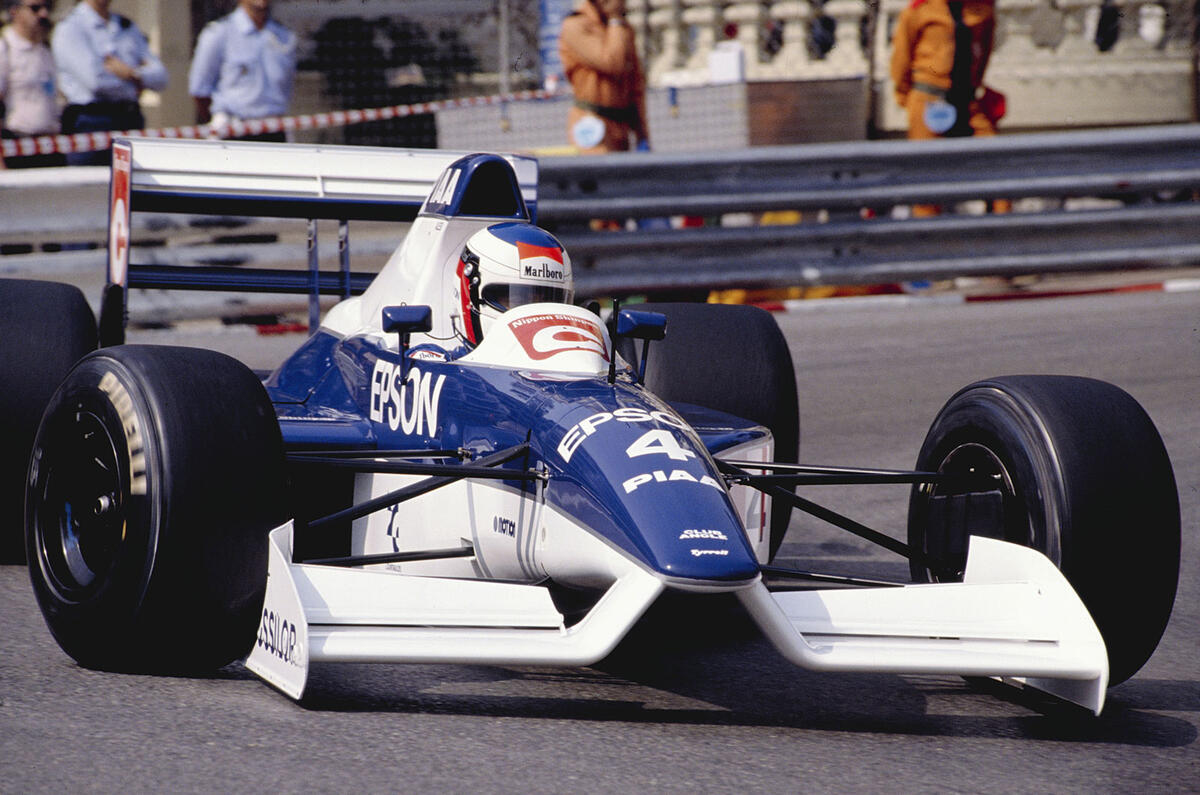
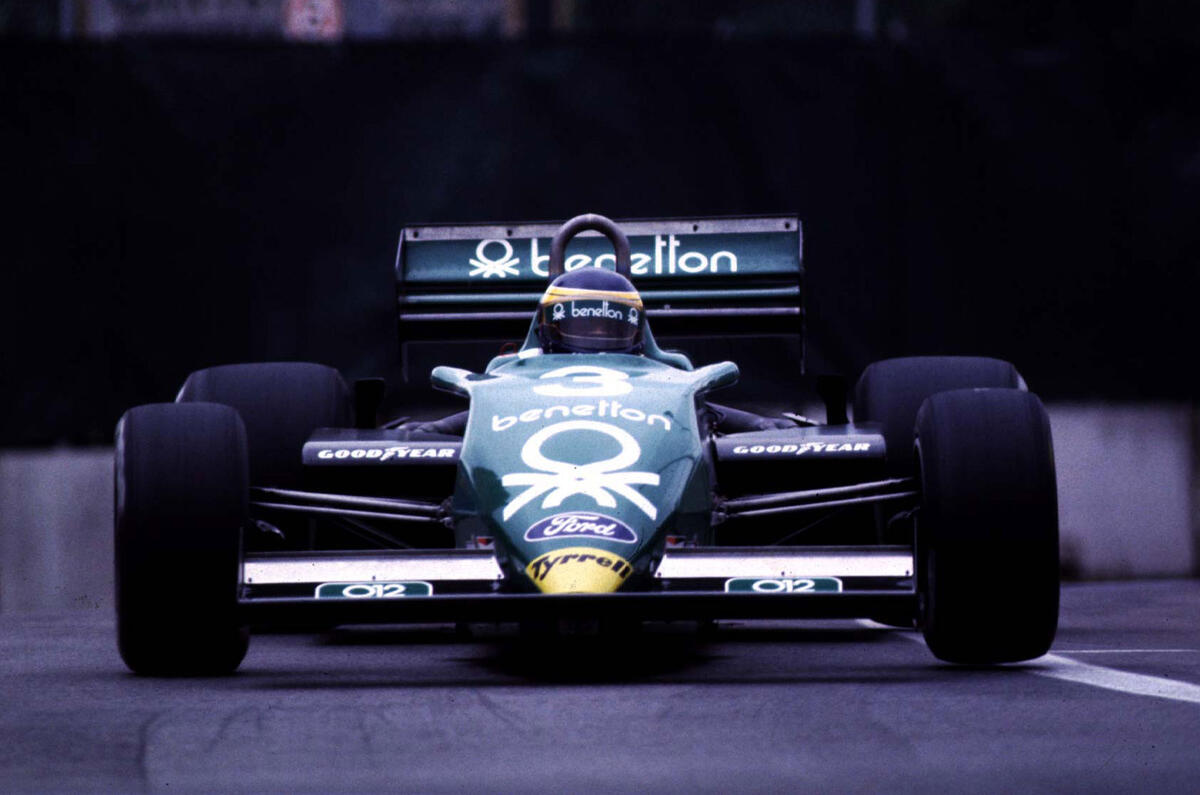
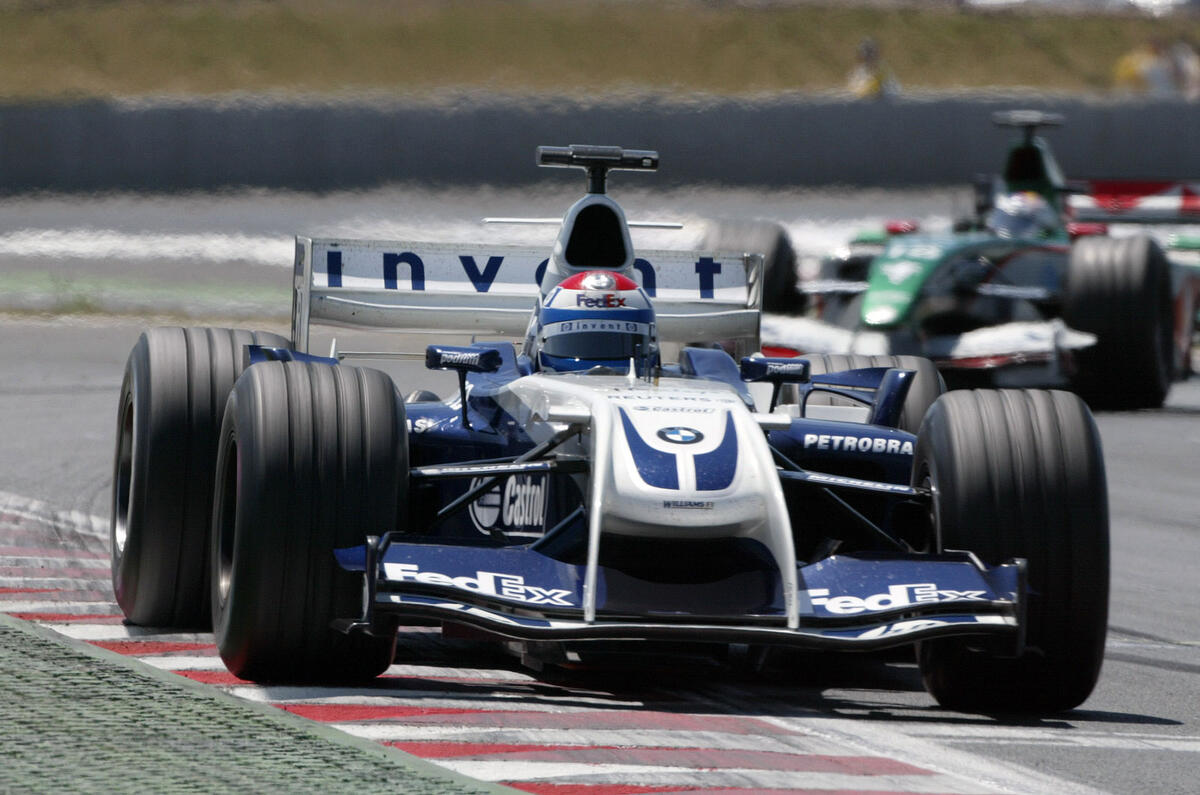
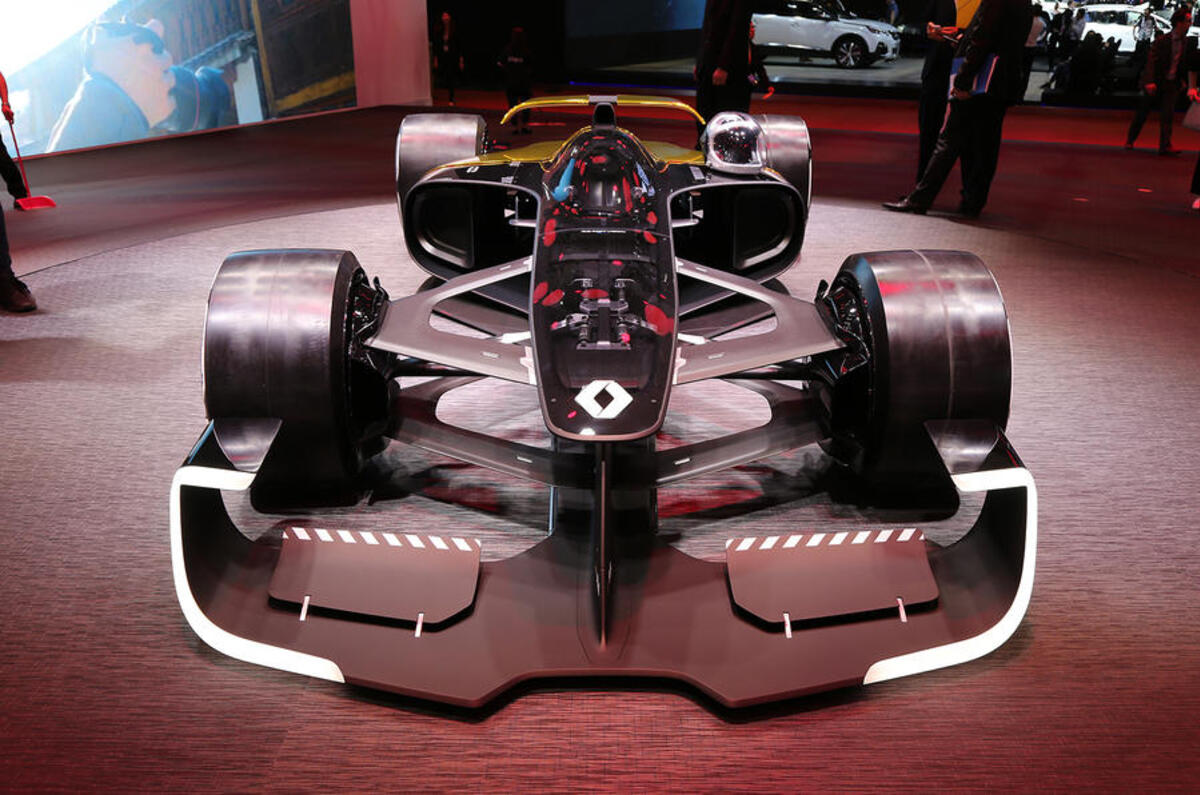
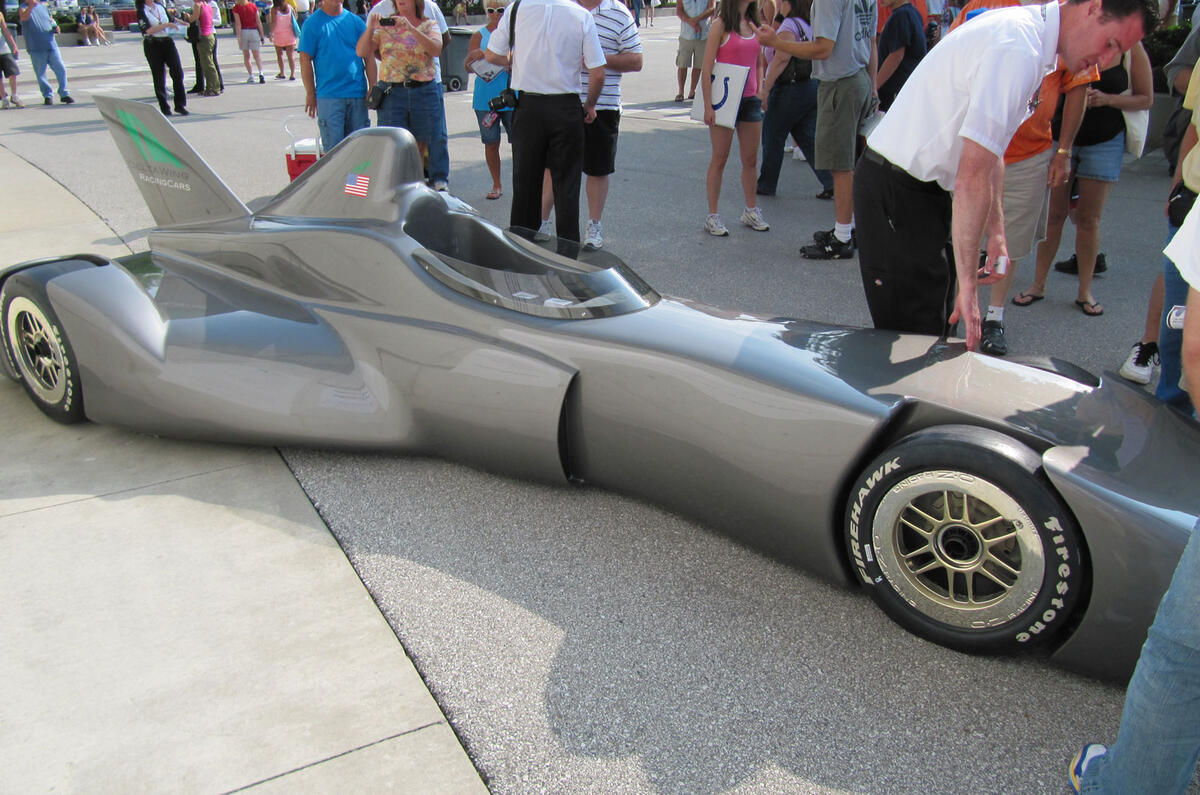
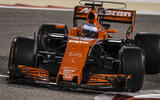

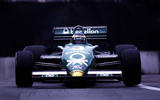
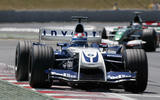
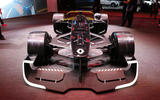
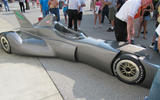

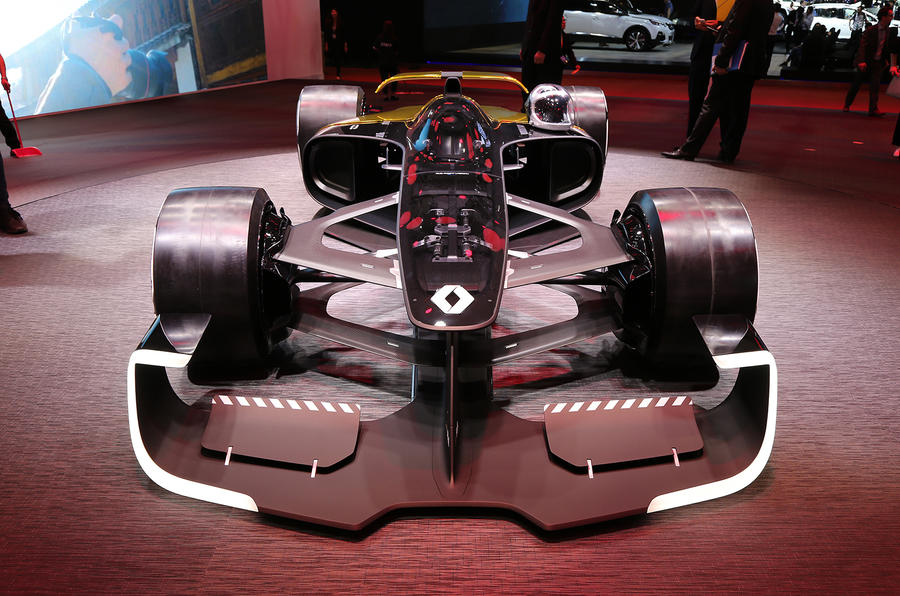


Join the debate
Add your comment
Formulaless One
The only condition is they have to deposit the season's money in an account under FIA scrutiny (to assist smaller teams it doesn't necessarily have to be in one go, but the total is limited) and pay for everything from that account. Caught cheating on the money once, two hundred point fine for team and drivers, caught again, team and both drivers disqualified from the championship, but still obliged to turn up and race, they just can't score any points or go on any podiums. In other words their cheating will be on exhibition at every remaining race of the season.
All of the money currently spent on formulating technical specifications and scrutinizing cars for legality would be put towards monitoring spending.
The different solutions chosen would likely lead to results varying greatly from track to track, some being immensely quick where it's fast and open, others grippy and agile on twisty street circuits. Smaller teams could even design specialist cars which could be strongly competitive on just a handful of tracks, but sacrificing performsnce elsewhere, to get exposure they don't currently.
Great race at Sochi....
Tyres are at the root of the problem.
What a useless comment. Of course they are fast and they always were!
I have considerable strong opinion about some of the stupidities of Formula 1 but I'll limit myself to the single most outstanding fault that still exists and has for far too many years.
TYRES.
Tyres cost a fortune to make, stock, transport and change. It seems that a single season uses up about £50 million worth of tyres and, while F1 authorities bleat about excessive costs, they do damn all about this one.
Every in-race tyre change needs at least fourteen mechanics to carry out, whose salaries and other associated costs create another unnecessary expense. Apart from the sheer cost, the situation is equally insane where races can be won by STOPPING the car to change the tyres rather than just RACING the damn things!
Now consider that every single tyre change has the innate potential to create accidents and serious injury.There is a very strong case for totally banning tyre change stops, other than for punctures.
The very best single thing that could happen to F1 would be the ruthless rationalisation of tyre regulations. Sorting this out properly would have a hugely beneficial effect on the sport with regard to cost, safety and entertainment value.
There should be ONE single rubber compound per complete season and every tyre should be capable of lasting a complete race with no changes at all. This would force the use of much harder compounds, which would have a similar effect to, but be more consistent than, wet races which most people seem to agree are hugely more unpredictable AND entertaining. Of course, ultimate speed is then reduced, not by a huge amount, but by enough to reduce the serious aerodynamic problems currently involved in overtaking.
In the meantime, banning tyre warmers would make people think a bit harder about whether it's better to race a car than to stop it and change its tyres.
There is much more to be said on the subject, but sorting out the current idiotic tyre regulations is a most obvious and serious need.
Just a final word - who was the lunatic responsible for the moronic rule forcing teams to use two tyre compounds even when there is absolutely NO practical need to do so? The mind boggles at the sheer stupidity of this so-called "thinking".